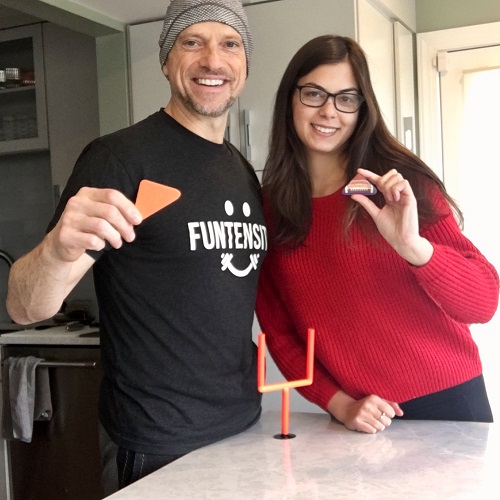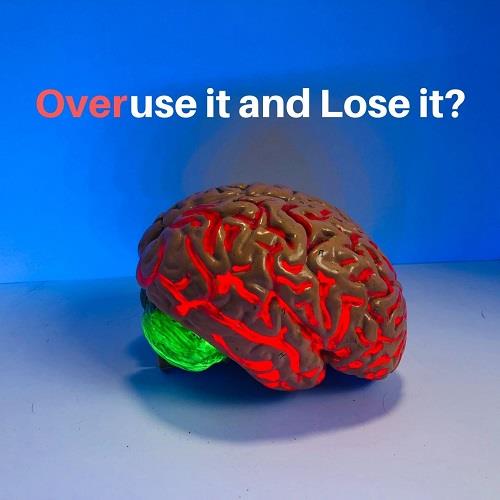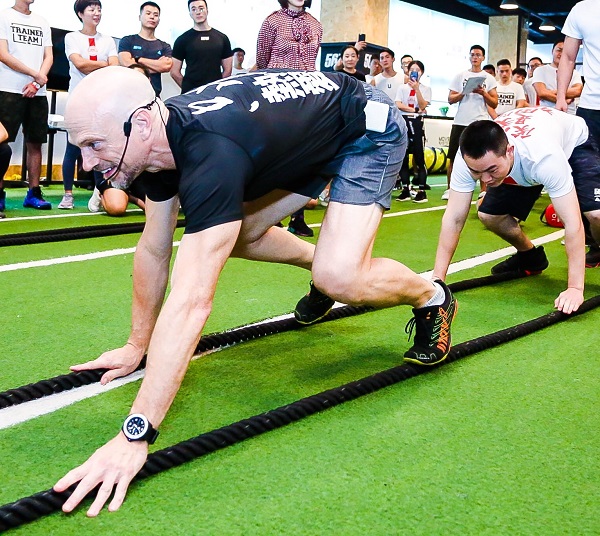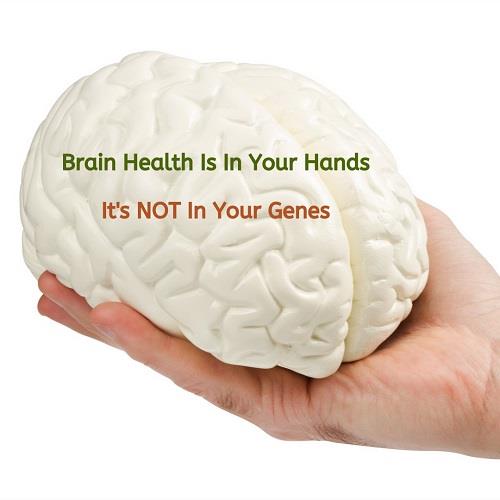Get some “fun-min” time each day…we already have enough admin, laundry-min, grocery-min, etc. Take a few minutes for some fun with the ones you love.
Subscribe to get new posts sent to you featuring unique physical and brain fitness insights.
We Got Up, So We Need To Keep Getting Down!
We are our own worst enemy at times. Walking on all fours wasn’t good enough. We had to get up on two legs to get a higher view of available resources. It created a shift both in how we move (and use our brains to control movement) and how we process information we take in […]
How So-So Do You Want It?
Real motivation for real people. It turns out “middle priority” fitness goals allow for a realistic approach and less failure.
EVOO Helps Prevent Dementia
Interesting new research reveals that extra-virgin olive oil (EVOO) helps prevent dementia.
Behavioral Shutdown
Why bother? A fair question we ask when life has a pattern of seemingly beating us down when we try. New view of depression & what to do about it.
Fat Cat…or “Feline Struggling with Obesity?”
Obesity is a problem, no matter what you call it and regardless if it is a cat, dog, or human. It used to be that “no one cares what you say until they know how much you care.” Now no one cares how much you care unless they have no problem with how you say it. Cinder-Block the Fat Cat creates some valuable and frank discussion about obesity.
Foam Roller…Workout?
Usually used as a recovery tool…what if we used it for a fun, challenging workout? They are everywhere, so why not use them for (almost) everything? This workout provides a novel, fun, harder-than-you-think it-will-be workout you can do anywhere you have a roller.
Too Much Brain Activity – Use it Too Much & Lose it?
We know about “use it or lose it” when it comes to brain neurons…but now we find out about “OVERuse it and lose it?” Too much of a good thing isn’t – as usual.
Fitness With Skills!
When your fitness challenge includes a new skill, it makes your brain work harder to learn the skill while your body works to perform it.
Get Moving & Put the Brakes on Alzheimer’s Disease
Regular exercise can slow the progression of cognitive impairment. A half hour of aerobic exercise four to five times a week may prevent or slow cognitive decline in older adults who are at a high risk of developing Alzheimer’s, according to a new study published Journal of Alzheimer’s Disease.









